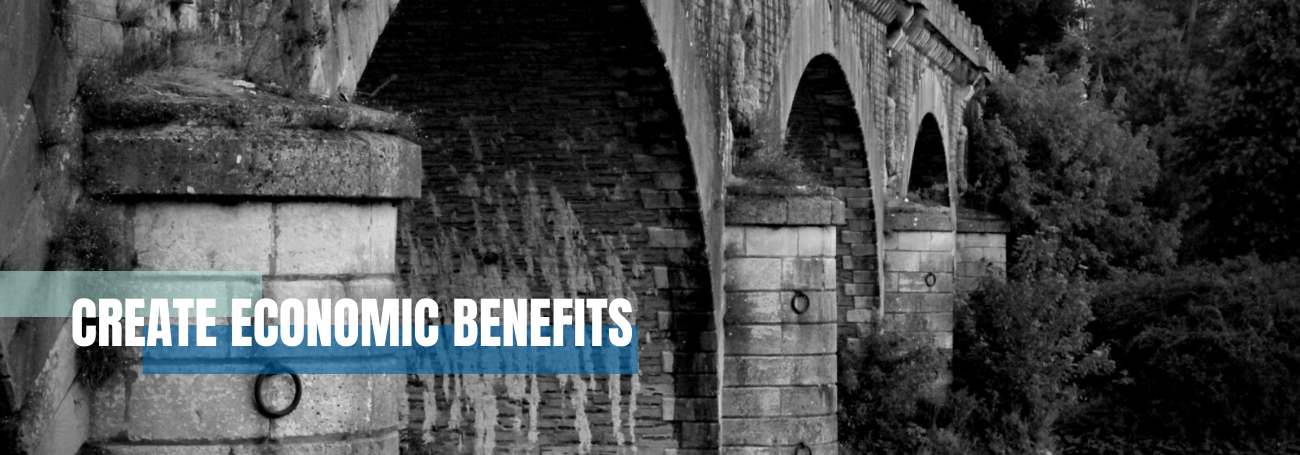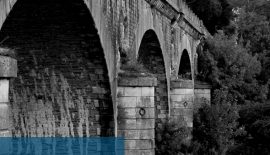Community and Economic Development
Date:
13 – 15 February 2026
Location:
Online Training Program
Application Deadline:
30 January 2026
APPLY NOW


Date:
13 – 15 February 2026
Location:
Online Training Program
Application Deadline:
30 January 2026
APPLY NOW
Vacancies for the workshops are limited, so please apply early.
Instructor:
Dr Paul Burtenshaw is an expert in heritage economics, heritage tourism and how cultural heritage supports sustainable and community development. He is currently the Senior Director of Project Impact at World Monuments Fund. Dr Burtenshaw completed his PhD at University College London into the performance and politics of cultural heritage as an economic asset. Between 2014 and 2019 he was the Director of Projects at Sustainable Preservation Initiative (SPI), a US-based organization that developed community enterprises linked to local development and heritage preservation. Dr Burtenshaw led SPI’s strategy for local business development and training, and managed in-country teams in Peru, Guatemala, Bulgaria, and Tanzania. From 2019 until 2023 Dr Burtenshaw was a freelance consultant involved with a variety of heritage tourism, economics and sustainable development projects including with development banks, national governments, private foundations, academic funders, and community organizations. Dr Burtenshaw has worked on tourism and cultural heritage management in Ghana, Colombia, Mexico, Turkey, Jordan, Tajikistan, Romania, and Suriname. Dr Burtenshaw has published extensively on issues of heritage economics, tourism, public archaeology, and community development, including the 2014 edited volume ‘Archaeology and Economic Development’.
Raised in Caracas, Venezuela, Athena Yannitsas holds an M.A. in Heritage Management from the University of Kent (UK) and a B.A. in Economics from Boston University. Her professional background includes work in wine and hospitality, museums and educational institutions, across both private-sector and nonprofit settings.
Athena’s prior experience includes leadership roles with the Hôtel de Paris in Monaco; COPIA/The American Center for Wine, Food & Arts in Napa, California; Wines from Spain and the Biltmore Hotel & Resort in Florida; and cultural and educational institutions including the Mystic Museum of Art, The Society of the Four Arts, SDPBC, and Palm Beach State College. She served on the boards of both the Hispanic Education Coalition and the Small Business Advisory Committee in Palm Beach County, Florida. Athena is also a Certified Specialist of Wine (CSW) and a former wine professor at Florida International University. She is also the author of “Vino, Vida y Alegría,” (2014), a wine education book for Spanish-speaking audiences.
Fluent in English, Spanish, Greek, and French, Athena works across the U.S., Canada, and Latin America through her role at HERITAGE. She collaborates with diaspora and local organizations to advance cultural priorities, strengthen partnerships, mobilize support, and facilitate capacity-building workshops. Her work is grounded in a strong commitment to the shared legacy that connects people across borders — honoring memory, identity, and resilience across generations.
© Lena Stefanou
HERITΛGE provides scholarships to most participants in its training programmes. These scholarships can cover up to 90% of the cost of attendance, depending on the circumstances of the participants and the availability of funding. On average, participants contribute around 300 euros to attend one of our 3 to 6-day training workshops. Read more on Fees & Scholarships.